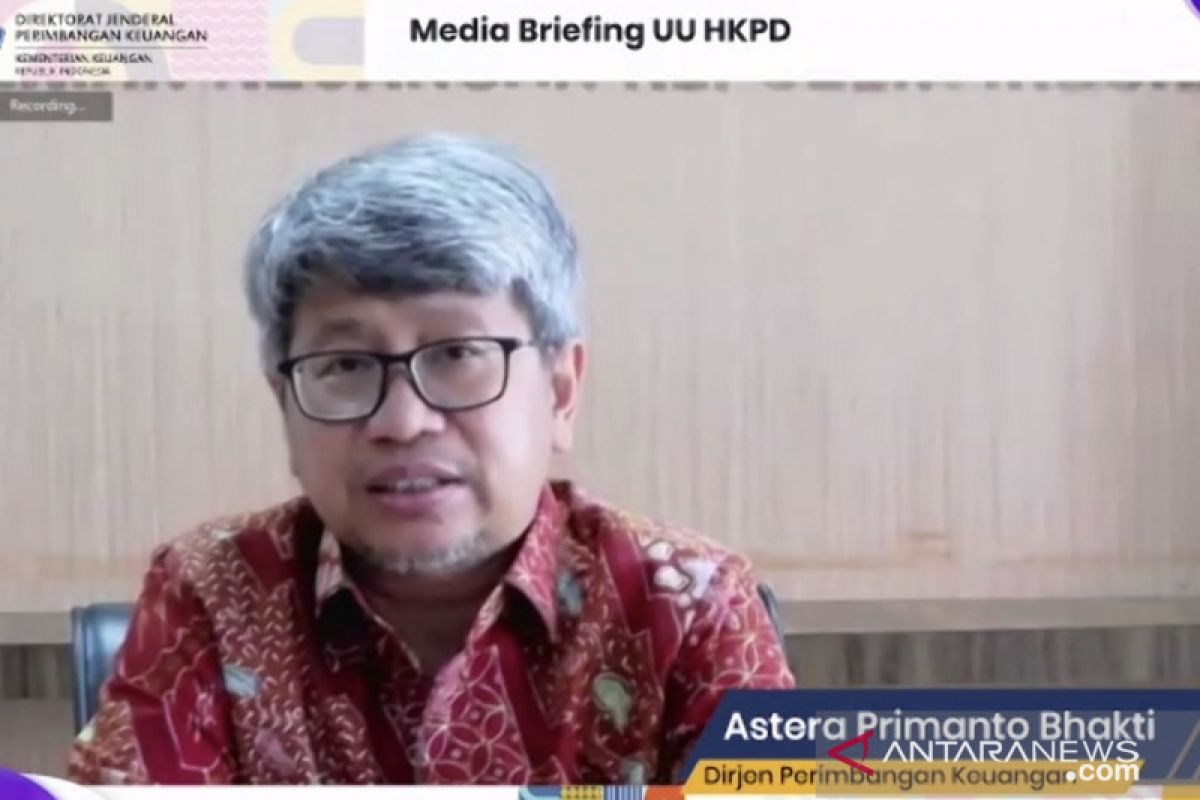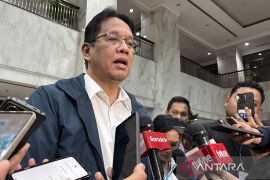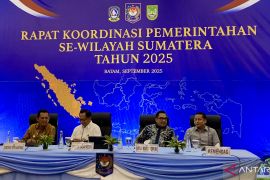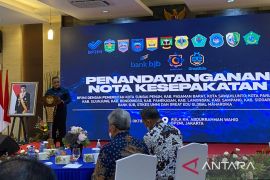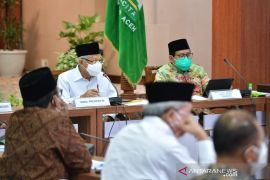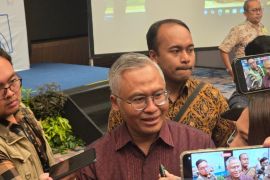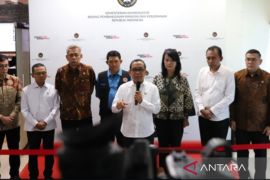It can be customized according to the region’s characteristics.Jakarta (ANTARA) - The Central and Regional Governments Financial Relations (HKPD) Law is a total reform of the fund transfers from the central to regional governments, a Finance Ministry's official stated here on Wednesday.
"The law should encourage a higher quality regional budget (APBD)," Director General of Fiscal Balance at the ministry Astera Primanto Bhakti stated during a virtual media briefing on the law.
Bhakti remarked that the law aimed to increase the regional fiscal capacity, improve the quality of regional spending, and harmonize regional fiscal policies.
Thus, the law can strengthen decentralization by improving the quality of services output and outcomes in addition to facilitating equitable distribution of welfare.
Related news: Gov't to raise Rp973 trillion in loans to finance budget deficit
"Effective and efficient allocation of national resources can be conducted through transparent and accountable HKPD that comprises four pillars," the director general stated.
The pillars comprise decreasing vertical and horizontal inequality, improving the quality of regional spending, strengthening local taxing power, and harmonizing central and regional spending.
In realizing the pillars -- which are also the goals of the law -- the ministry has formulated four strategies.
First is strengthening the regional taxation system by encouraging convenience of doing business in the regions, reducing retributions for mandatory services, providing options to regional governments to collect additional retribution, as well as establishing a new tax base.
"We categorize similar tax objects. It is expected to improve collection and administrative costs,” Bhakti remarked.
Related news: Home Minister rebukes regions with low budget realization
Meanwhile, the next strategy aims to minimize vertical and horizontal inequality by reformulating the general allocation fund (DAU), establishing equitable revenue-sharing fund, focusing on the special allocation fund on national priority programs, and synergizing funding across various sources.
“The DAU is not formulated in the same way for all regions. It can be customized according to the region’s characteristics. For instance, tourism-based regions have different needs of funding as compared to regions with a small population," the general director noted.
The third strategy aims to improve the quality of regional spending by strengthening discipline and synergy in regional spending, boosting the capacity of regional human resources, and directing regional fund transfers to increase the quality and quantity of public services.
Related news: 2022 state budget focuses on six main policies: President Jokowi
The last strategy is to harmonize central and regional expenditures by conforming to central and regional fiscal policies, controlling the APBD deficit, and refocusing the APBD based on certain conditions.
"Many regions are not willing to make changes to their APBD. It disturbs the realization of several forms of spending,” Bhakti added.
The Indonesian House of Representatives had passed the HKPD Bill into law on December 7, 2021.
Related news: Merah Putih Fund to finance soonicorns: SOEs Minister
Related news: Jokowi lauds SOE Minister for Merah Putih Fund
Translator: Kuntum Riswan, Uyu Liman
Editor: Fardah Assegaf
Copyright © ANTARA 2021
